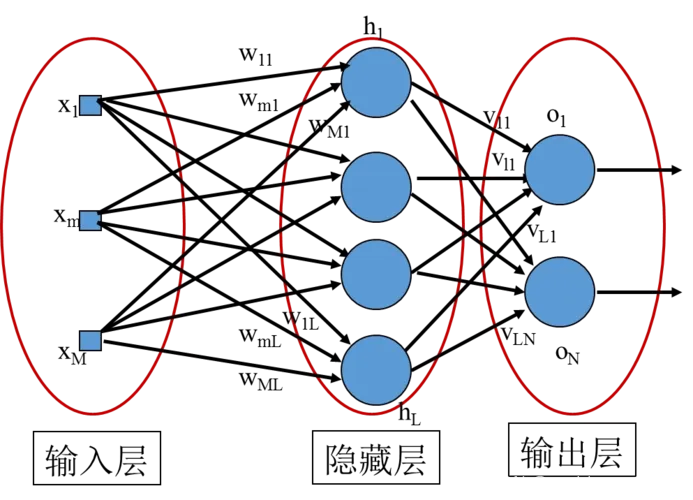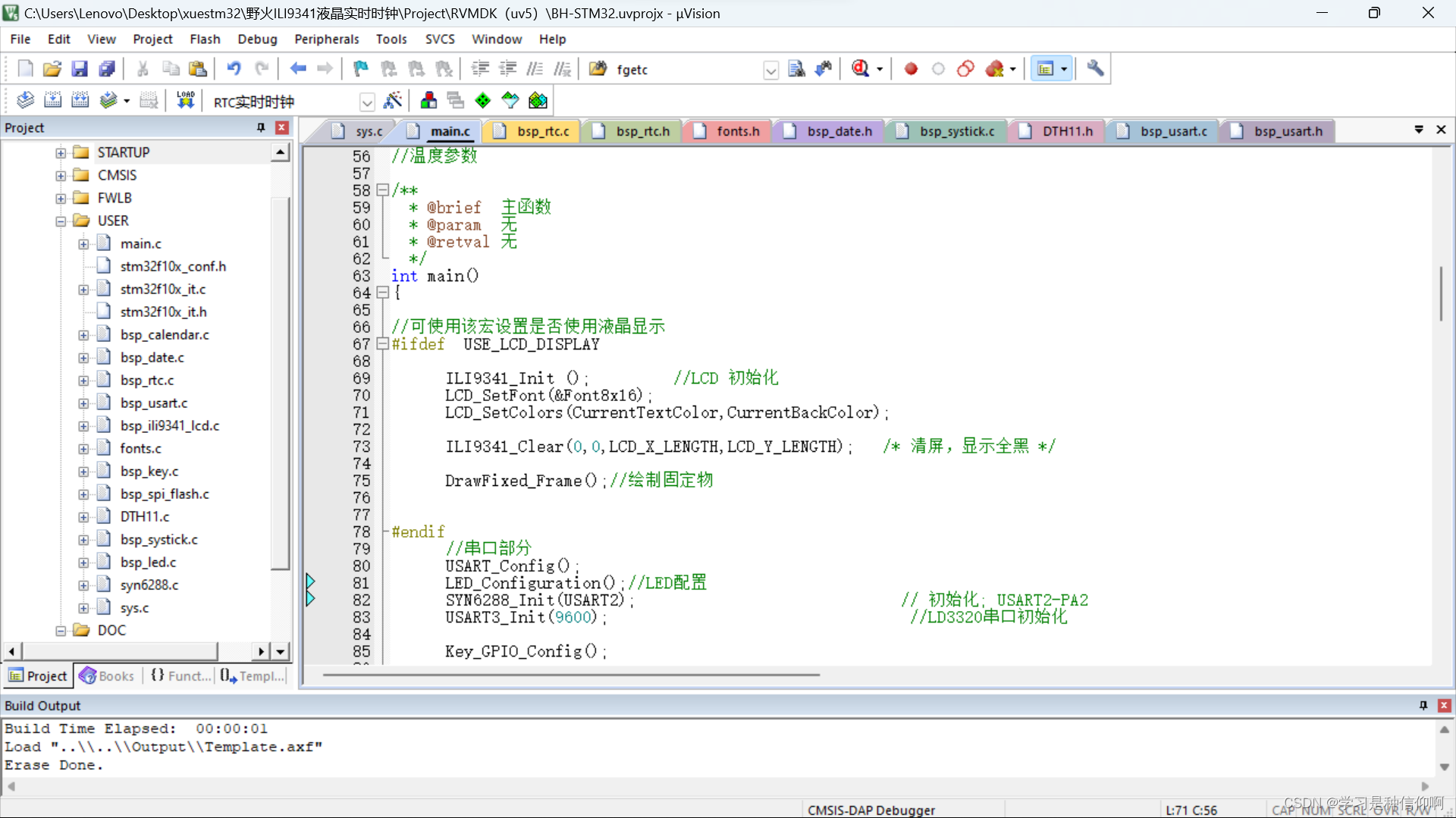JVM读书笔记1
java体系结构:1、JAVA编程语言2、java class文件格式3、JAVA API4、JAVA JVMJVM:execution engine + class loader 两种class loader :1、primordial class loader ( part of jvm)2、class loader object class
java体系结构:
1、JAVA编程语言
2、java class文件格式
3、JAVA API
4、JAVA JVM
JVM:execution engine + class loader
两种class loader :
1、primordial class loader ( part of jvm)
2、class loader object
classes can by default only see other classes that were loaded by the same class loader.This is how Java architecture enables you to create multiplename-spaces inside asingle Java application.
不能将程序正确性依赖于:
1、finalization
2、threadprioritization
因为各个JVM实现者对于两者的具体实现有所区别
JAVA的安全模型:沙盒模型(sandbox model)
阻止以下行为:
1、读写本地硬盘
2、与applet来源地之外的地址进行网络连接
3、创建新进程
4、装载新的动态库及直接调用本地方法
sandbox模型的核心成分:
1、class loader architecture
2、class file verifier
3、JVM自带的safety features
4、java api的security manager
一个class loader 必须被给予一个限制和禁止的包列表:
1、限制的;如果primordial class loader找不到 则抛出安全异常(说明申请的类在信任的源中找不到,则必然是cracker伪造的并且希望class loader通过其他途径获得的,一旦获得,那么这个类对于其所属的包的类有访问权限,产生危害)
2、禁止的:如果class loader申请这个包中的类,直接抛出安全异常
class file verifier:
phase1:checkinternal structure(语法,长度等)装载时(loading)
phase2:check symbolic references 执行时 属于dynamic linking的一部分
dynamic linking:
When onetype refers to another type, the virtual machine requests the referenced typefrom the same class loader that loaded the referencing type.
JVM's safety features before class verifier phase 2:
type-safe reference casting
structured memory access
automatic garbage collection
array bounds checking
checking references for null
security manager:
检查哪些potentially unsafe的行为,通常是一个list
two actions are not in the list but unsafe:
allocating memory until it runs out
firing off threads until everything slows to a crawl
当违反时 会导致 denial of service.
在class file中所有指令都是一个字节,只有2个例外指令(在操作符与操作数之间有padding
) 这样使得class file compact and small
编译器对于class file不做优化 这个任务被交给JVM
JVM:runtime instance vs. abstract
runtime instance:
eachjava application runs inside a runtime instance of some concrete implementationof the abstract specification of the JVM.
abstract:
subsystem:classloader(loading,linking,initizlizing),execute engine
memory area
data type
instruction
JVM的经典图示:

Each JVM instancehas a method area and a heap
method area:存放class data 注意只要是关于类的信息都在这里(并不是方法区)类名,超类名,class还是interface,访问符,实现的接口列表,常量池,field信息,method信息,static属性,static方法,指向类class loader的引用,指向类class的引用
常量池(constant pool)指的是在编译期被确定,并被保存在已编译的.class文件中的一些数据。它包括了关于类、方法、接口等中的常量,也包括字符串常量。
heap:存放object
Java stack:a method 对应a stack frame
JVM没有寄存器,使用java stack来存放intermediate data value(中间数据)
CLASSPATH is used for primordial class loader to load trusted classes.(原来classpath环境变量的作用是这个)
static(non-final)的类属性供声明其的类使用
Garbage collector:
1. reclaimthe memory used by objects that are nolonger referenced by the runningapplication.
2. Moveobjects to reduce heap fragmentation.
Every class inherits from Objectthree "wait methods" (overloaded forms of a method named wait())and two "notify methods" (notify() and notifyAll()).
array的实现图示:

Other than PC,java has no registers.The jvmis stack-based rather thanregister-based.
Execution engine:
A runtime instance of an execution engineis a thread
class file 大致格式:

更多推荐
 已为社区贡献1条内容
已为社区贡献1条内容








所有评论(0)